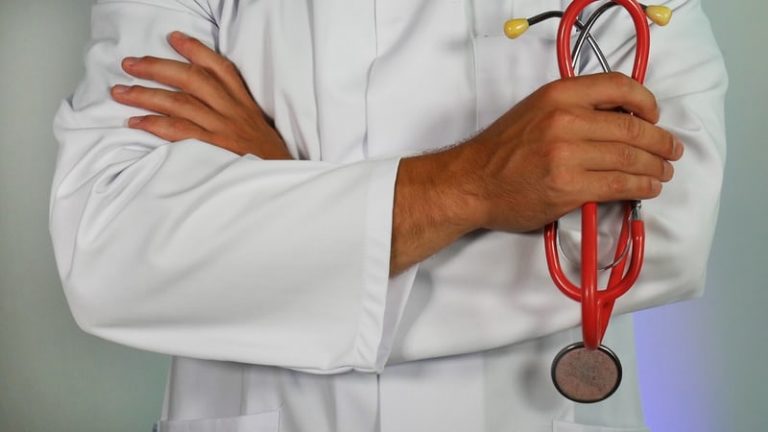Many things are rapidly changing in the medical community as the spread of COVID-19
continues. While there are certainly fears about the availability of personal protective equipment
(PPE) and necessary medical supplies, some much more significant adjustments have flown, for
the most part, under the media’s radar.
CNN recently reported that in New York and Massachusetts, fourth-year medical
students are being licensed for 90 days of practice before board examinations are completed to
alleviate the strain on short-staffed medical facilities. They will function as first-year residents,
meaning they will be in charge of individual patient cases, and have the title and responsibility of
“doctor”. The COVID-19 outbreak has stressed all of the healthcare industry, and these students
have been asked to alleviate the overabundance of work, even though they are just that —
students.
While these students have completed four years of medical school and are in the clinical
rotations, they do not have the experience or the expertise necessary to address the clinical
concerns of a situation like COVID-19 as a first-year resident. Medical students are taught about
this in theory and certainly are not purposely exposed to a pandemic situation in their typical
rotations. This means that while, in theory, these soon-to-be-doctors have the technical
knowledge needed to treat this virus, they do not have the personal experience or proper
mentorship in place to allow them to effectively protect themselves and their families as their
exposure grows.
Adding all this new medical staff poses another potential problem, this time related to
supplies. With more doctors to treat them, more patients can hypothetically be admitted, meaning
more medical supplies will need to be devoted to the coronavirus cause. With ventilators already
in short supply and potential drug therapies being halted and reworked in clinical trials, this is a
pressing issue. Why consider bringing in more patients without adequate supplies to treat them?
These students will also need personal protective equipment in order to keep themselves
and those with whom they come into contact safe. Again, these supplies are severely under-
stocked, and adding another army of doctors to the fray without properly protecting them will
only exacerbate the problem.
Another realm of medicine seeing the impacts of COVID-19 is the veterinary industry.
Veterinary hospitals are still considered essential businesses by many states, meaning they are
expected to operate at the same capacity with drastically reduced human contact. Practices have
implemented a number of safety measures, such as using “bubble team” staffing to minimize
person-to-person contact, increasing usage of PPE and moving to solely emergency medicine.
As veterinarians continue to operate, however, their supplies are dwindling fast. Fox
reported that veterinary hospitals in Europe are expected to give up their ventilators and PPE to
human medical operations. Certainly, saving human lives is more important than a dog’s elective
surgery, but it is unreasonable to expect excellent veterinary treatment while imposing a double
standard of diminished supplies and a smaller workforce.
Overall, COVID-19 has generated much fear as the public health crisis mounts to an even
greater economic crisis. In times like these, adaption is necessary, but changing standards is not.
In the middle of a pandemic, medical standards of care should be upheld. Bringing in under-
experienced medical students and siphoning equipment from still-functioning veterinary clinics
is not the most prudent solution to the COVID-19 crisis.



